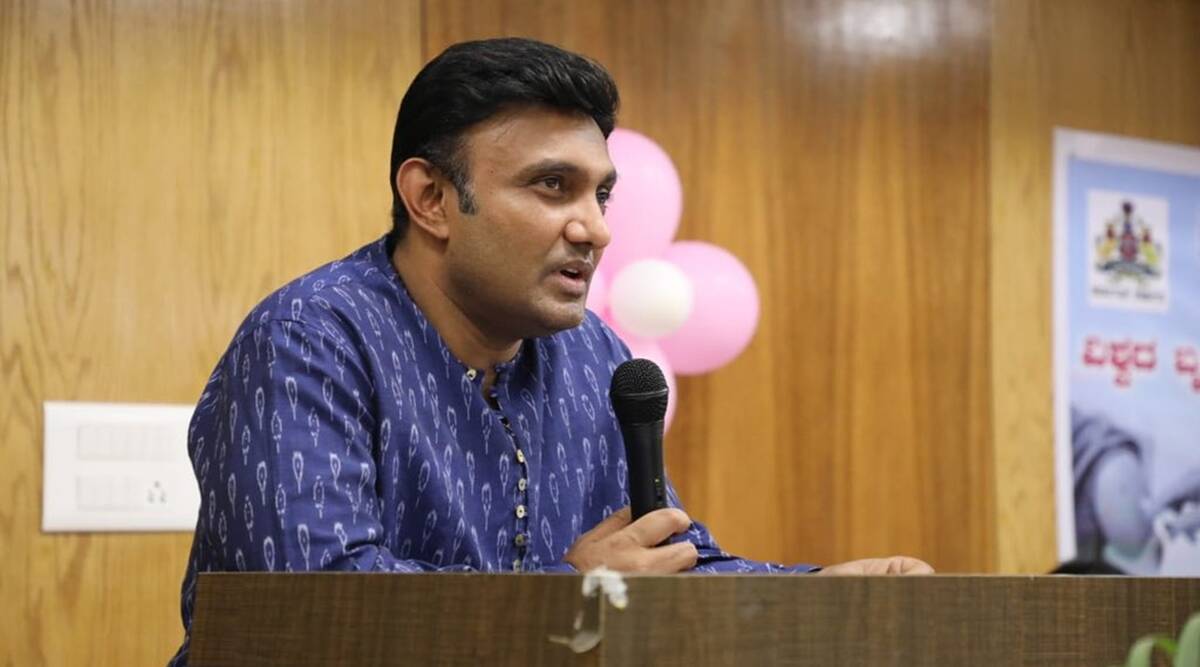K Sudhakar said while addressing an event at Bangalore Medical College!
Karnataka Health Minister K Sudhakar on Monday asked the Health Department officials to take it as a challenge and make the state Malaria Free by 2027, three years before the Union Government target of 2030.
Karnataka has received national recognition and appreciation for its efforts to eliminate malaria in the past six years, between 2015 and 2021, as part of the National Framework for Malaria Elimination in India (NFMEI) initiative.
Due to untiring efforts to eliminate malaria, the Director General of Health Services (DGHS), Ministry of Health and Family Welfare, said that Karnataka, which had a Category - 2 classification in malaria elimination, has been upgraded and classified as Category - 1. The state has, in the past three years, been reporting fewer cases every year.
Addressing at an event at Bangalore Medical College and Research Institute on the occasion of World Malaria Day, Sudhakar said that Malaria is a disease predominantly seen in tropical countries and with India accounting for 70 per cent to 80 per cent of Malaria cases across South Asia and Southeast Asia.
Currently, the greatest number of malaria cases in Karnataka are seen in Udupi and Dakshina Karnataka Districts and research is underway to understand the reason for this.
He highlighted the importance of raising awareness about the prevention detection and treatment of Malaria. He also said that hygiene and cleanliness are key to preventing Malaria infections. "Initially, many made fun of Prime Minister Narendra Modi when he started the Swachh Bharat Mission, but he knew that the first step in improving health is to improve hygiene.
In order to prevent malaria, cleanliness is very necessary as it is a vector - borne disease that spreads through mosquitoes and unclean areas attract mosquitoes," he stated.
The minister further added that since 2014, the Modi government has constructed 12 crore toilets across India in a bid to improve hygiene in rural areas. He said that measures like the use of mosquito nets needs to be implemented to prevent the disease.
He stated that medical students are the strength of government medical colleges and further stated that they have to conduct awareness programs and camps in rural areas to fight malaria. He also pointed out that private doctors practising in rural areas must be involved in the fight against malaria.
"The Union government has a target of making India malaria - free by 2030 and already 10 districts in Karnataka have not seen even a single case of malaria in the last three years. All the credit goes to health department officials, staff and ASHA workers," he added.
The symptoms of the disease include fever, sweating, chills, body ache, vomiting and diarrhoea. "The easiest way to detect malaria is to get a blood test and it is available at all primary health centres, government taluk hospitals and government districts hospitals. Our government and officials are striving to create an Arogya Karnataka," said Sudhakar.





The Brief. Sign up to receive the top stories you need to know right now.